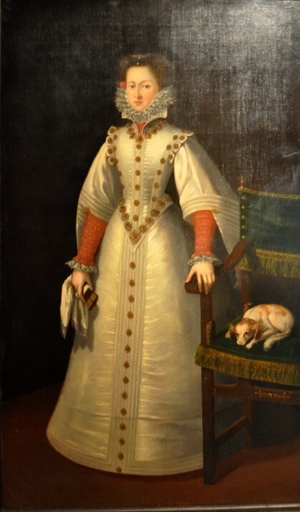
Czech noblewoman originally from the Pernštejn family, called in her time “the first lady of the Kingdom of Bohemia”. Owing to her exceptional education, influence and wealth she accumulated, she was one of the most respectable figures of her time.

General label for democratic reforms in Czechoslovak politics and social and media sphere in 1968. Unique and internationally famous attempt at achieving a vision of socialism founded on citizens’ participation, freedom of elections and worldviews.
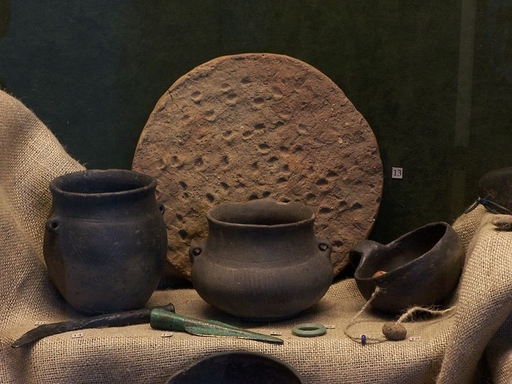
Human societies and their creations known to have been present on the territory of the modern-day Czech Republic in the period following the Stone Age, when people knew how to work metals, approximately between 2200 BC and 6th century AD.
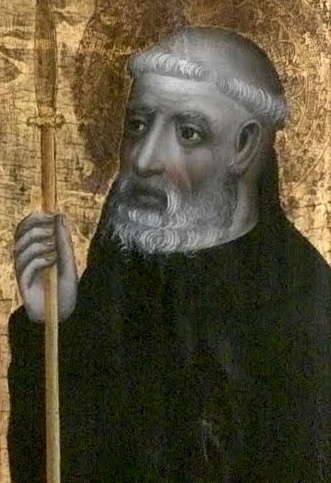
A priest, hermit, founder and the first abbot of Sázava Monastery. He is one of the patron saints of the Czech lands.
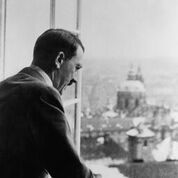
A puppet, occupied state established on the territory of the Second Republic. It was formed on the basis of Adolf Hitler’s order of 16 March 1939, after the occupation of the Czechoslovak territory by the German army. It was a period of violent Germanisation and political oppression of the Czech people.

The earliest Czech ducal (from 1198 royal) dynasty, whose members ruled from the 9th century to 1306. The Přemyslid dynasty played a key role in the formation and establishment of Bohemia and were also the only Czech dynasty on the Bohemian throne.
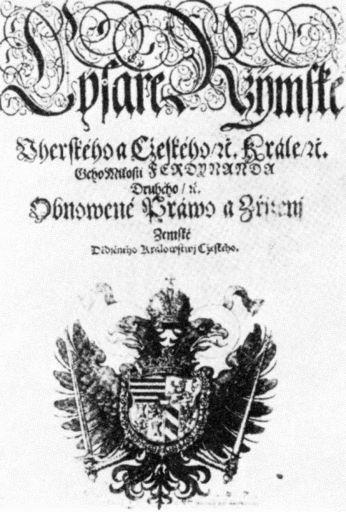
Comprehensive law codes issued in 1627 for Bohemia and in 1628 for Moravia, which legalised the revolutionary changes after the defeat of the Bohemian Revolt in the Battle of White Mountain.
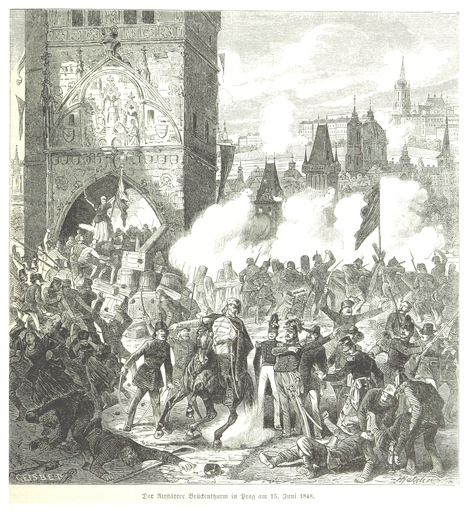
Political and military struggle of inhabitants of the Austrian Empire in 1848–1849 for a fundamental political and social reform of the monarchy, in which the Czech movement appeared as a political factor for the first time.
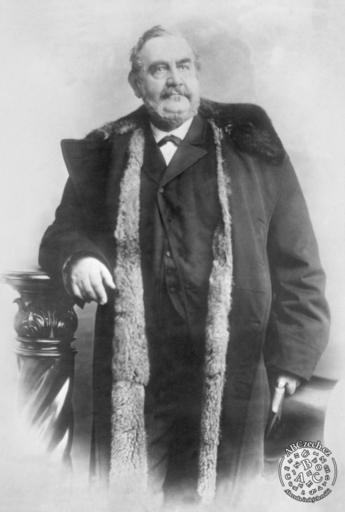
One of the most important Czech politicians of the second half of the 19th century, economist and publicist. He is regarded as the political successor to František Palacký. His efforts to improve the position of the Czech people in the Habsburg state were largely unsuccessful.
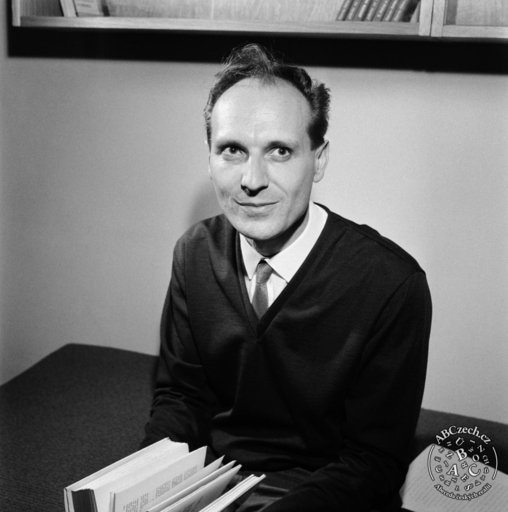
Sociologist and philosopher, one of the authors and pioneers of the term “technological revolution”, describing the society of the second half of the 20th century. Richta is still regarded as one of the most distinguished theoreticians of the development of the post-industrial society.

A Hussite hetman, close associate of Jan Žižka and the leader of the last resistance of the Hussite radicals against King Sigismund.
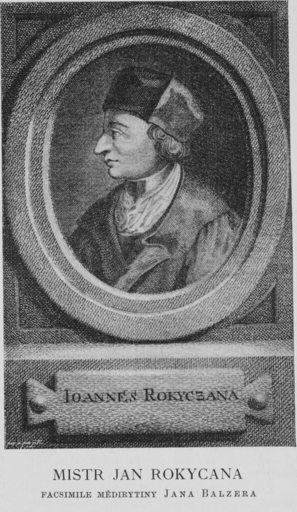
Hussite priest, theologian, preacher and elected archbishop (although never recognised by the Pope), who fundamentally influenced the formation and character of the Utraquist Church.
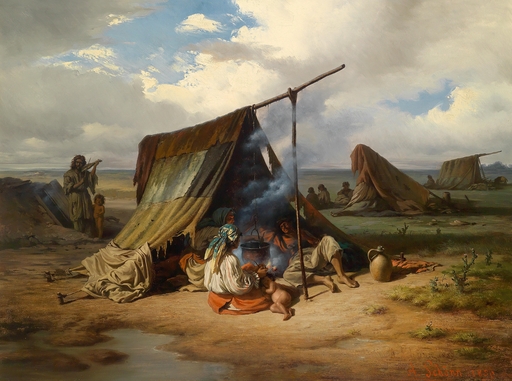
An ethnic minority in the Czech Republic that has faced discrimination for a long time. They have lived in the Czech lands since the early 15th century.
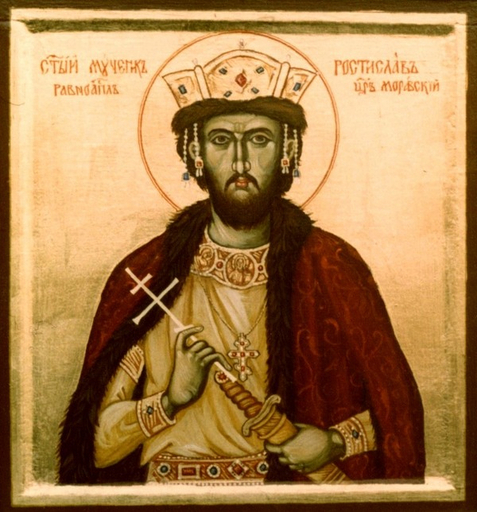
Duke of Great Moravia in 846–870. The brothers Cyril and Methodius came to Great Moravia during his reign.
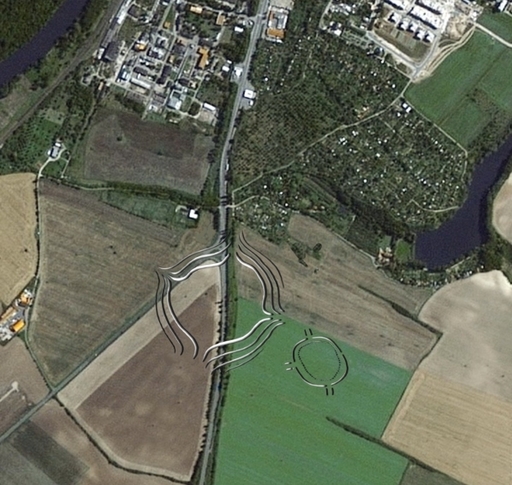
Prehistoric circular structures enclosed with one or more concentric trenches interrupted with two or three, but usually four entrances to the inner space. Examples of such structures exist on the territory of the Czech Republic.
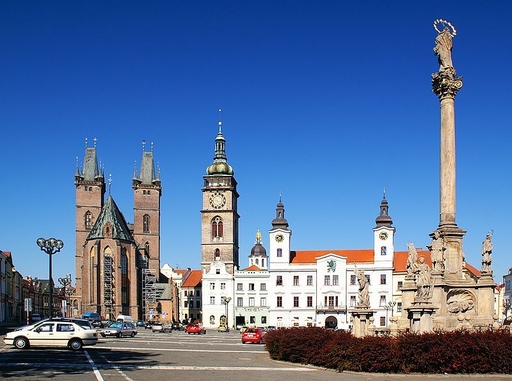
A historical term for a fortified town that rulers gave to their consorts as a type of titular gift.
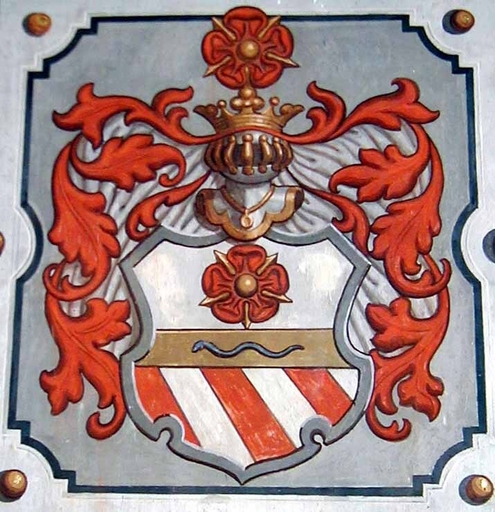
A prominent Czech noble family in the Middle Ages and early modern period. The lords of Rožmberk were owners of the largest estate in the Czech lands and their power and wealth often matched the kings of Bohemia themselves.
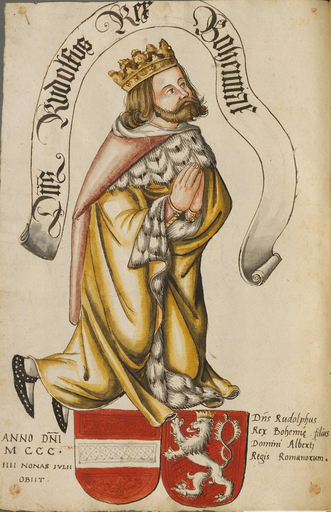
Austrian and Styrian Duke in 1298–1306, King of Bohemia in 1306–1307. He was the first representative of the Habsburg dynasty on the Bohemian throne.
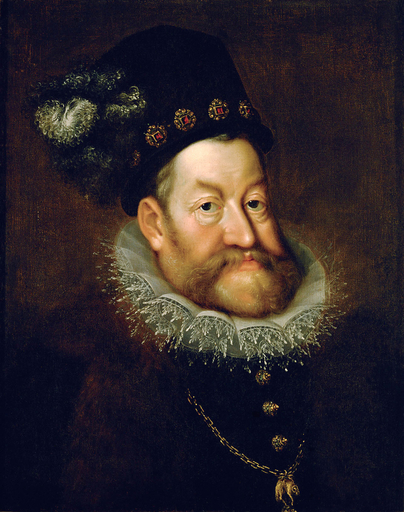
King of Bohemia between 1576 and 1611, King of Hungary between 1576 and 1608, Holy Roman Emperor between 1576 and 1612. His reign, characterised by a political decline, contrasted with an exceptional development of culture and science, is one of the most famous periods of Czech history.
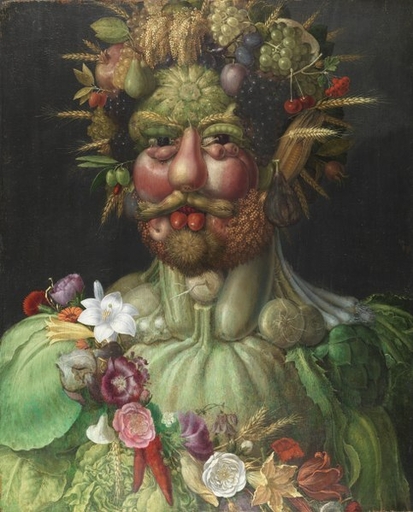
The reign of Rudolf II, King of Bohemia and Emperor of the Holy Roman Empire. It is regarded as one of the high points of Czech history, associated with significant support to science, alchemy and art.
2016-2020 ABCzech.cz - © Filozofická fakulta Univerzity Karlovy
Content from this website may be used without permission only for personal and non-commercial purposes and with the source cited. Any other use is allowed only with the authors' consent.
This web application Sonic.cgi meets GDPR requirements. Current information can be found here.